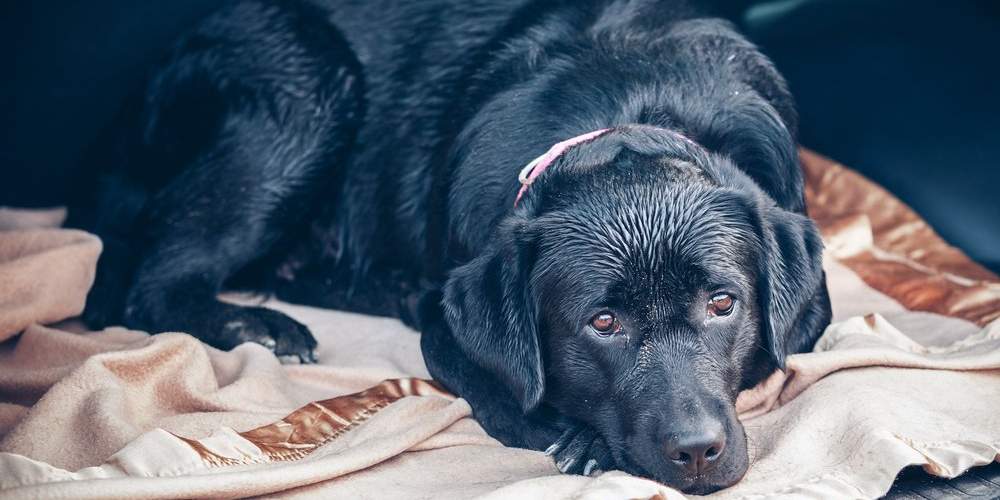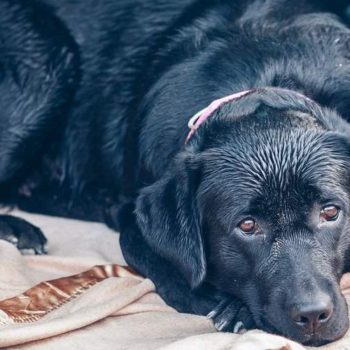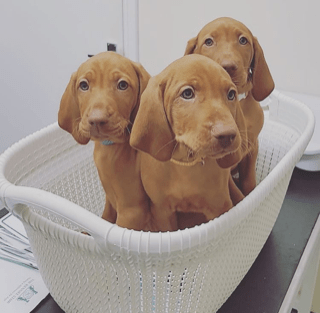

Separation anxiety and your dog.
During Covid the rise in pet ownership grew almost overnight, but with many people on furlough or working from home, this meant many puppies were never left alone. Although many shops and restaurants have now permanently opened their doors to dogs as well as their owners, not all places are so accommodating.
Dog separation anxiety can affect your dog in differing degrees. Dogs are naturally very social and love spending time with you, so leaving them alone for long periods of time can cause them to become upset and stressed.
Making a big fuss of them before you go to work and when you come back can actually increase the likelihood of dog separation anxiety. This behaviour effectively rewards your dog’s concern over your absence, so as tempting as it is, try to make leaving and coming home a fuss-free zone.
Before taking steps to help your dog overcome separation anxiety, you should establish whether your dog is suffering true or simulated separation anxiety. Simulated separation anxiety is a behaviour that your dog has learned; your dog knows that bad behaviour will be rewarded with attention. Rather than real stress, this misbehaviour can be improved with consistent obedience training, exercise and strong leadership.

Causes of dog separation anxiety
Your dog’s separation anxiety will typically stem from a change of routine. Here are some common reasons for your dog becoming anxious when you’re out:
- your dog isn’t used to being left alone
- your dog isn’t used to being away from a specific person
- your dog is anxious about something – for example, the ringing of the doorbell
- your dog feels particularly vulnerable and is easily spooked – for example by the weather
- their house companion dies
- your dog is bored
- your dog needs to release pent-up energy
How it affects your pet
Your dog’s anxiety may be obvious before you go out, for example with excessive panting or pacing, or when you get home, if they are overly excited about seeing you or wet from excessive drinking or salivating.
However, most of your dog’s symptoms will happen when you are gone. This can include:
- increased heart and breathing rate
- panting
- salivating
- frenzied activity
- barking, whining or howling
- destroying shoes or toys
- scratching or chewing at doorframes, walls and floors
- jumping up at windows
- attempting to escape

Preventative training methods
The best way to prevent dog separation anxiety is to teach your dog from a puppy. If he is used to spending time alone he will be calm and patient, instead of it coming as a shock and causing stress.
Discipline is key for training your dog and it will take time for him to become used to a new routine. Start off by teaching your dog to sit or lie for increasingly longer periods while you move away. In the beginning you’ll need to stay within eyesight to prevent any anxiety symptoms, but as your dog becomes more confident and patient, you can gradually start moving around the house and even leaving the house for short periods of time.
You can use treats and training as a good distraction, brain games and slow feeders can also be helpful. Please always be mindful of what you are leaving with your dog when your are not supervising them, especially if your dog is a real chewer!
Using stair gates can make the process easier on your dog, as it keeps them at a distance without shutting them away completely. This method is fantastic if you don’t want your dog going into certain rooms while you’re out. Putting your dog’s bed and favourite toys in with him will make him feel more comfortable and put him at ease, as well as alleviating boredom. Leaving a radio on can also help your dog’s loneliness. As well as providing a human voice for company, it can prevent outside noises from startling him.
Ultimately, dog separation anxiety can usually be prevented with obedience training at a young age, but time and patience can also help older dogs become more at ease with being left alone.
This dog blog has been written by the team at DogDialog, with a few extra comments from our team here at Young Vets. If you are struggling with your dogs anxiety please do not hesitate to contact our friendly team for more help and advice on your pets individual case.

